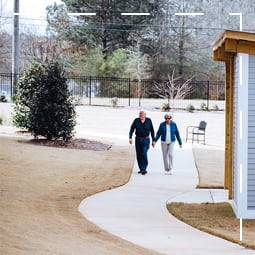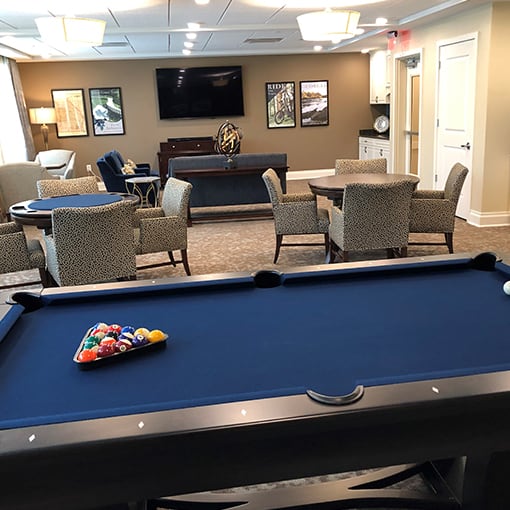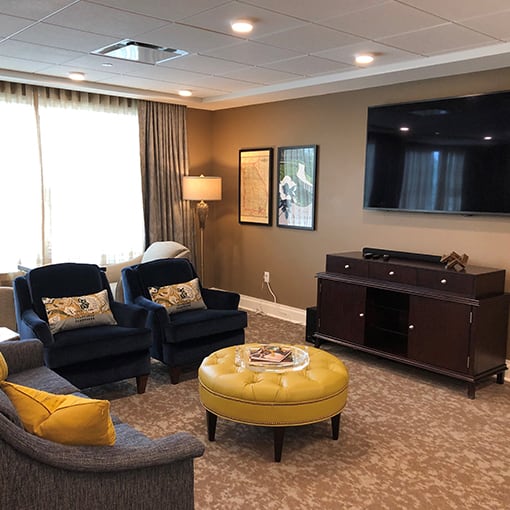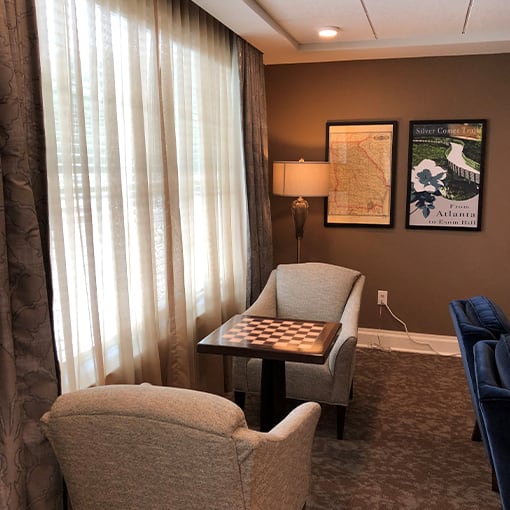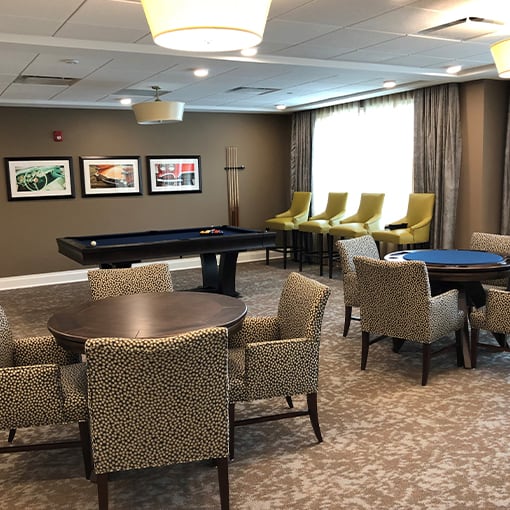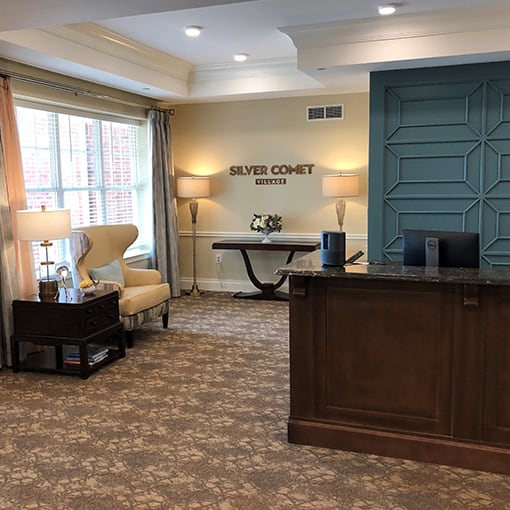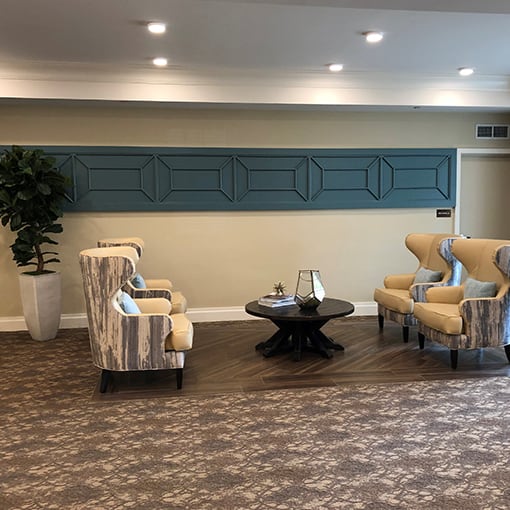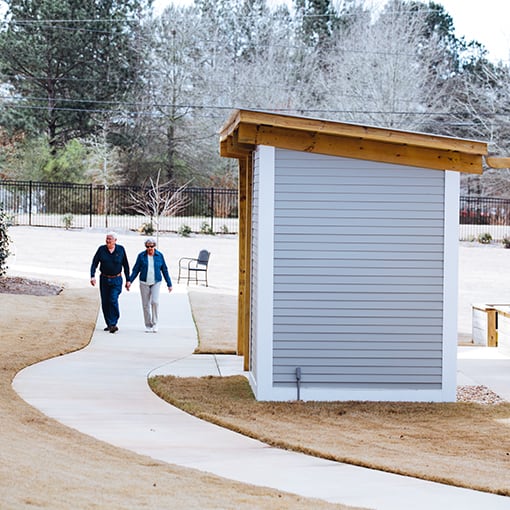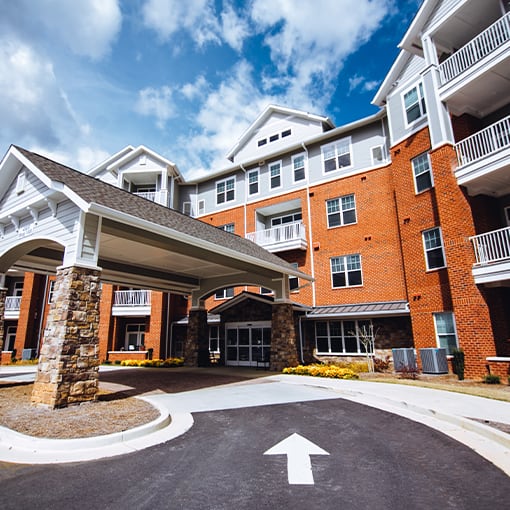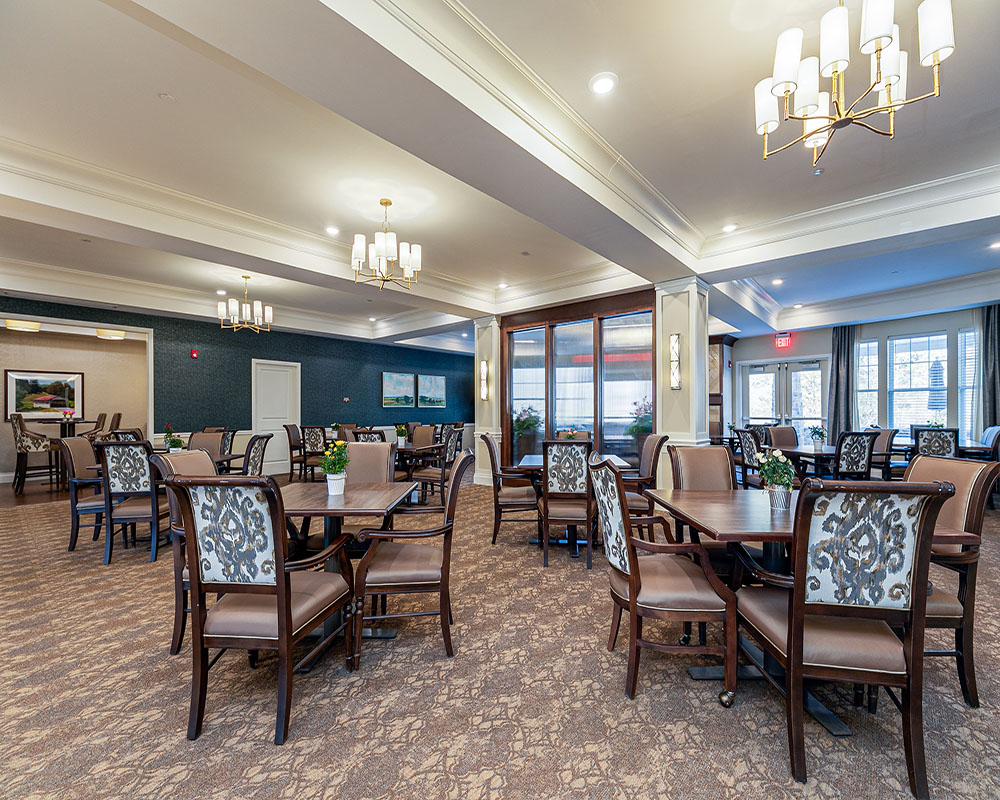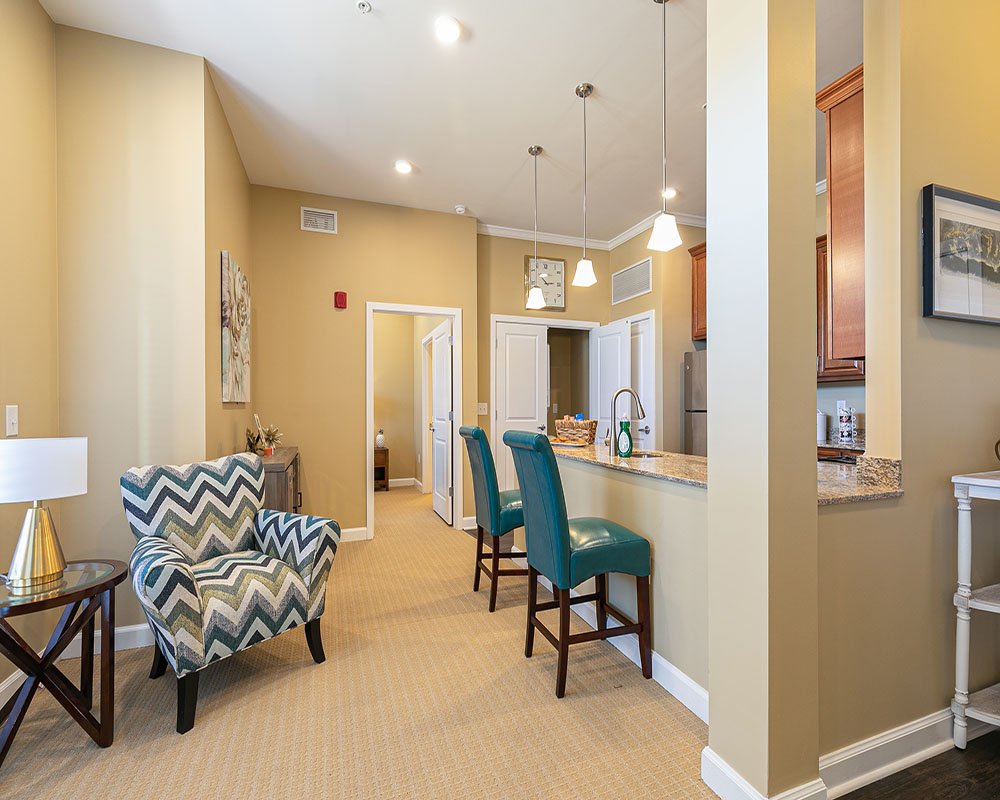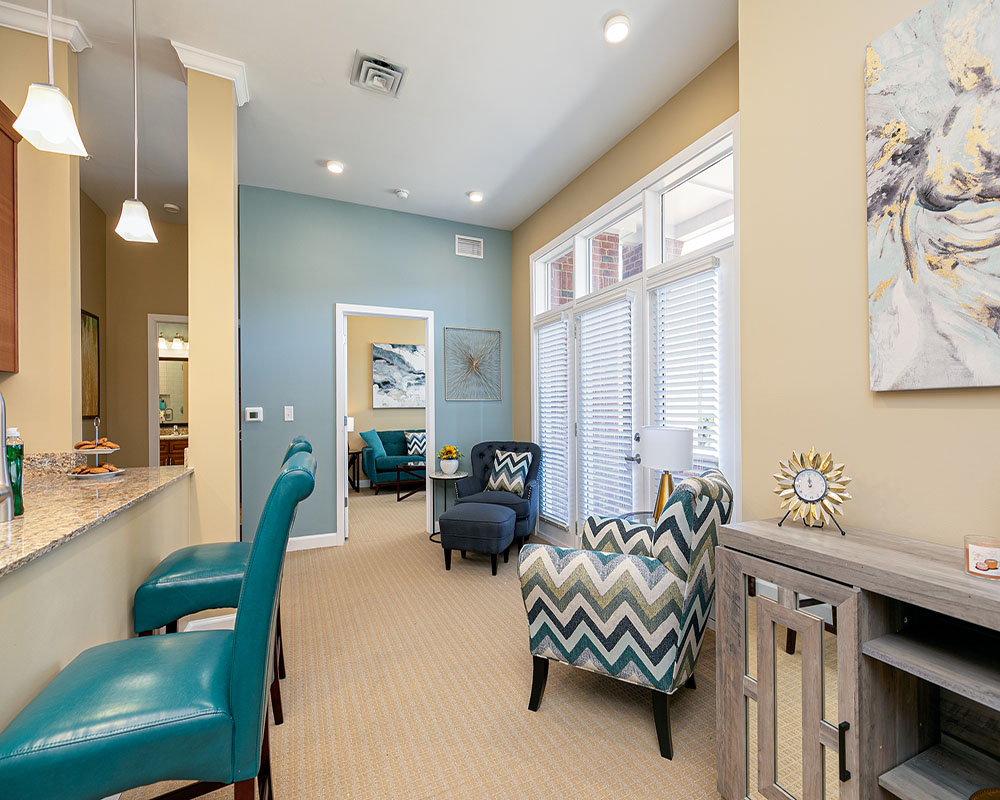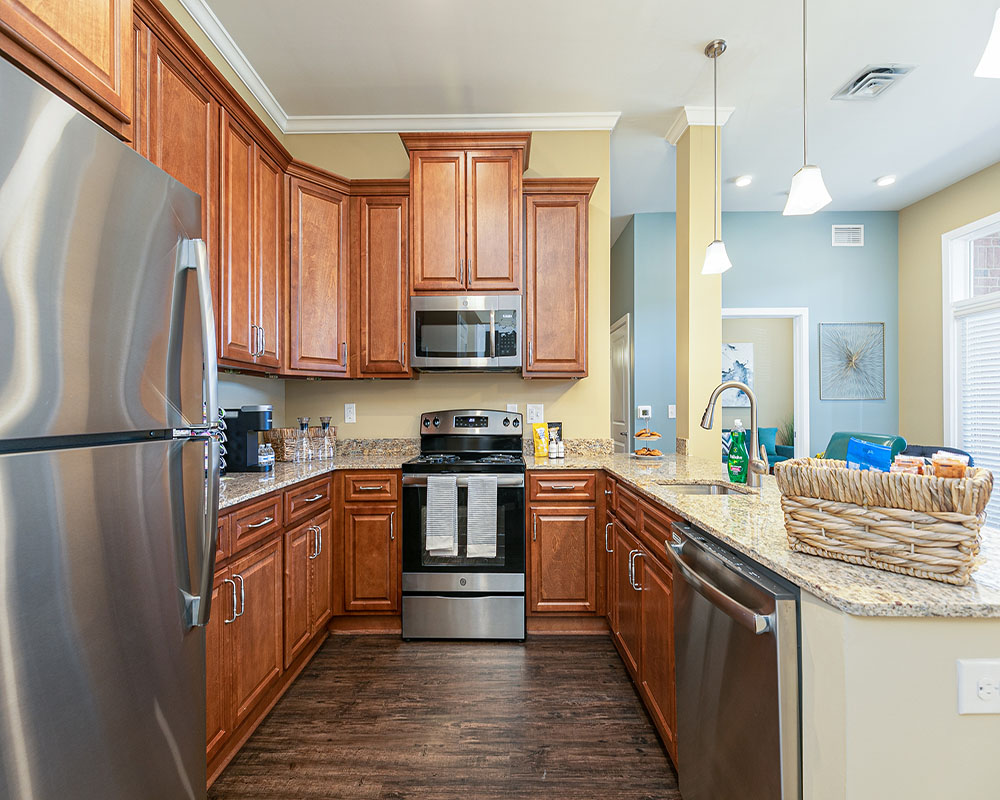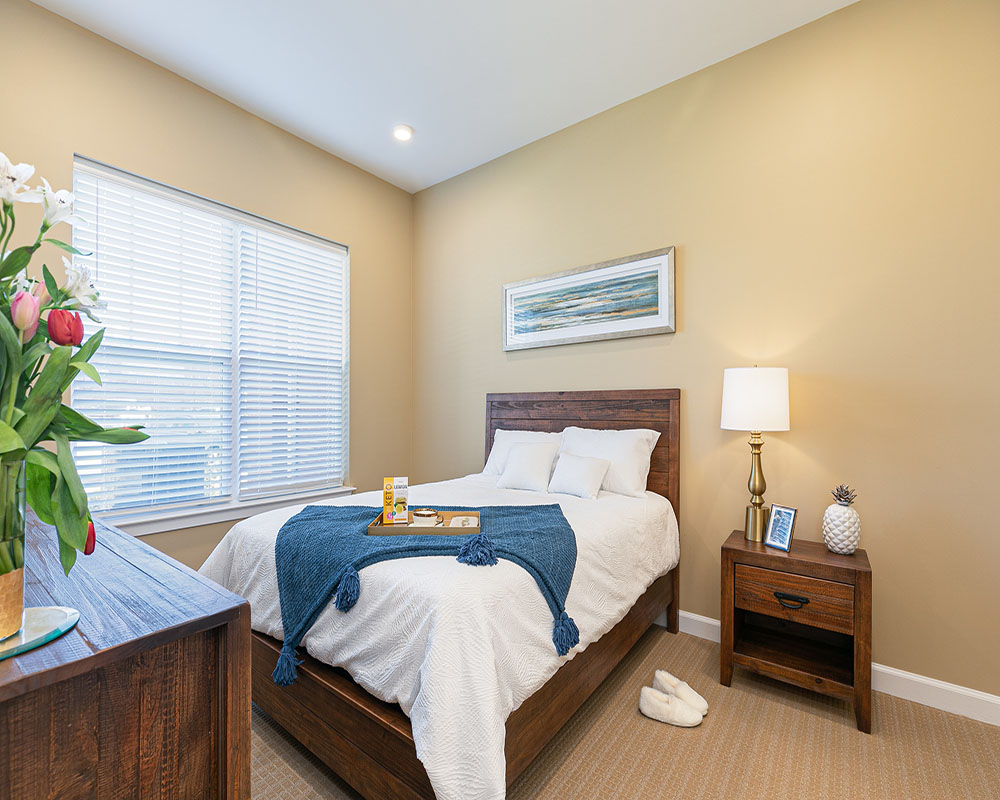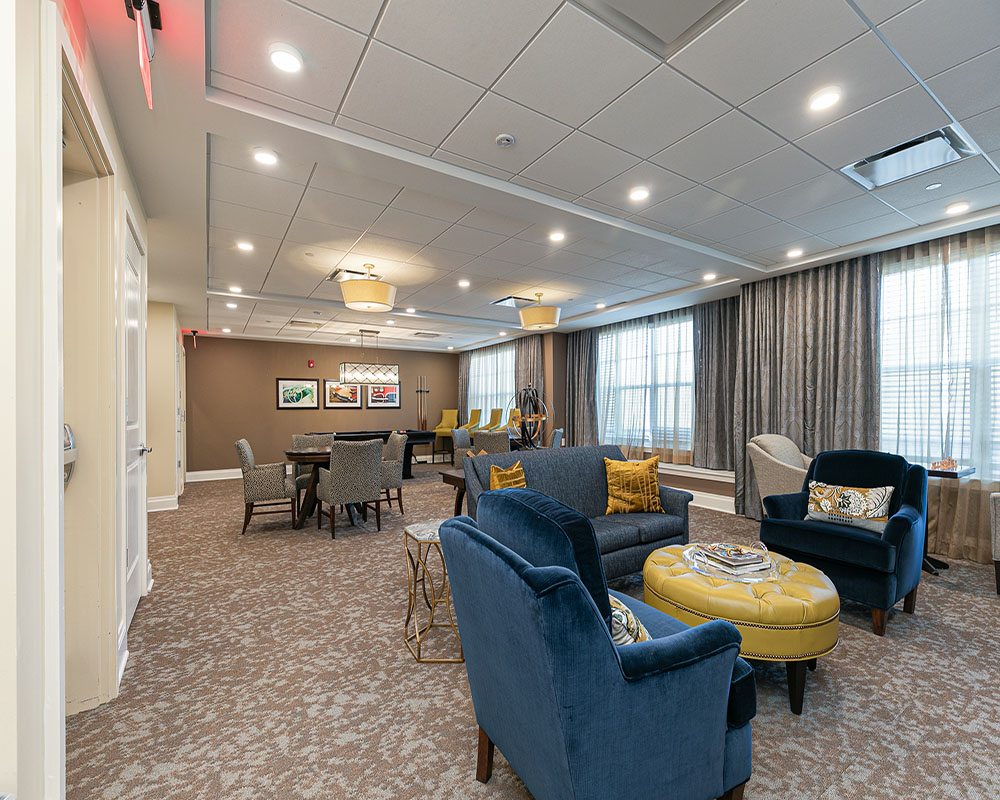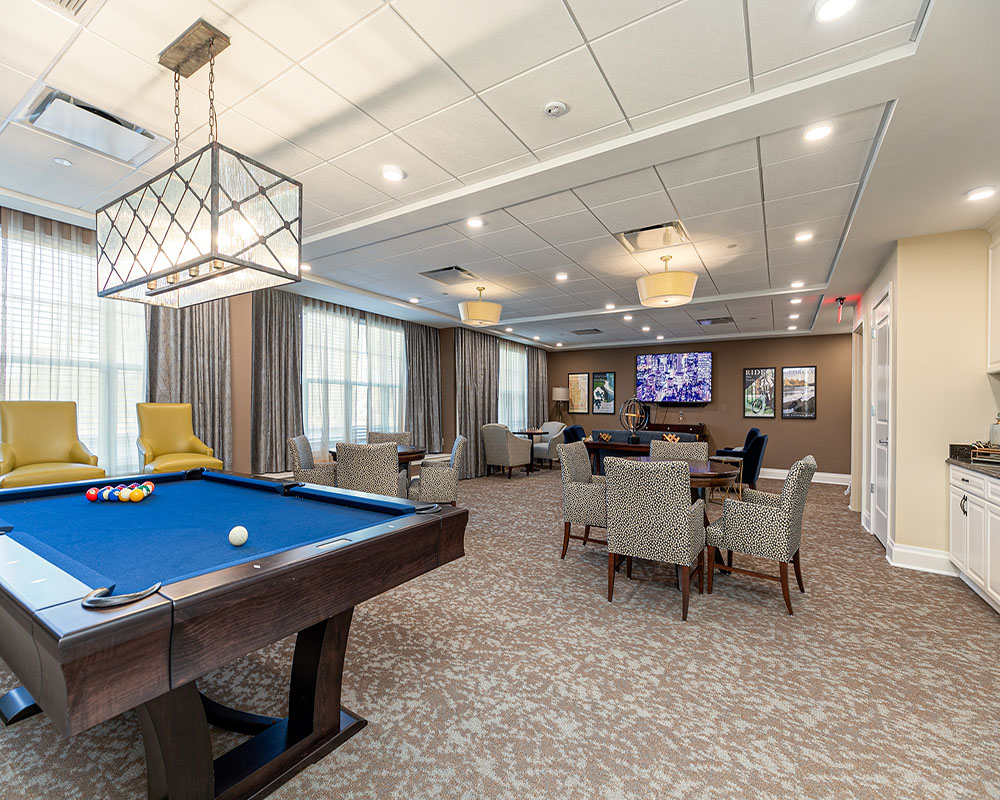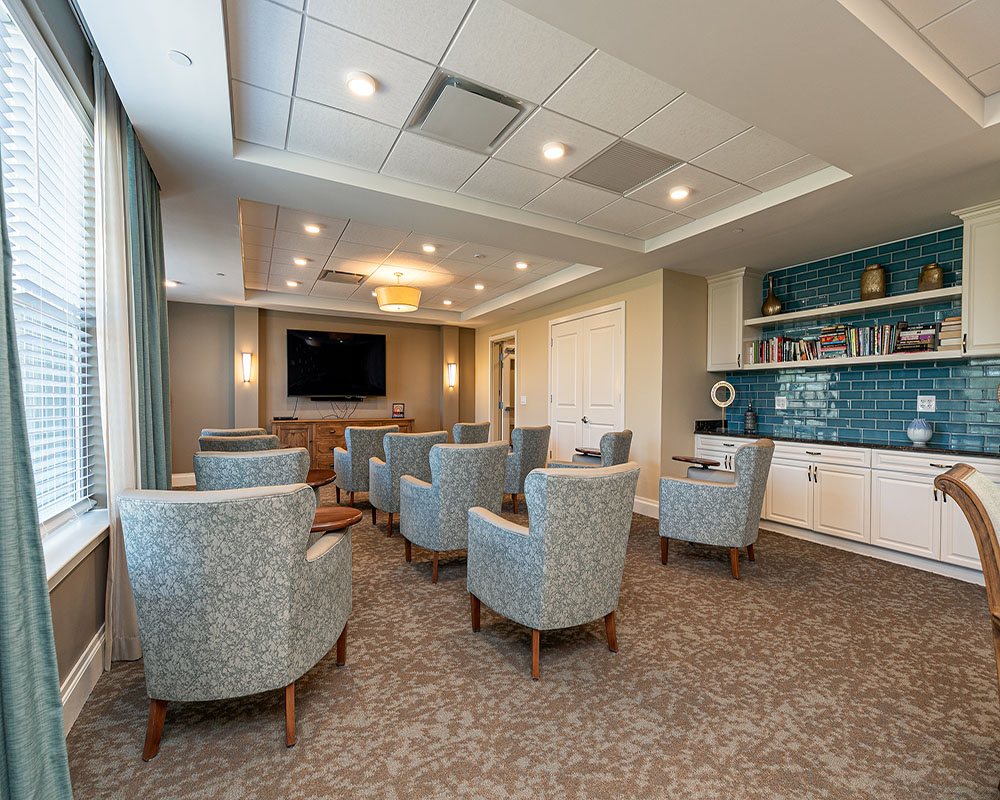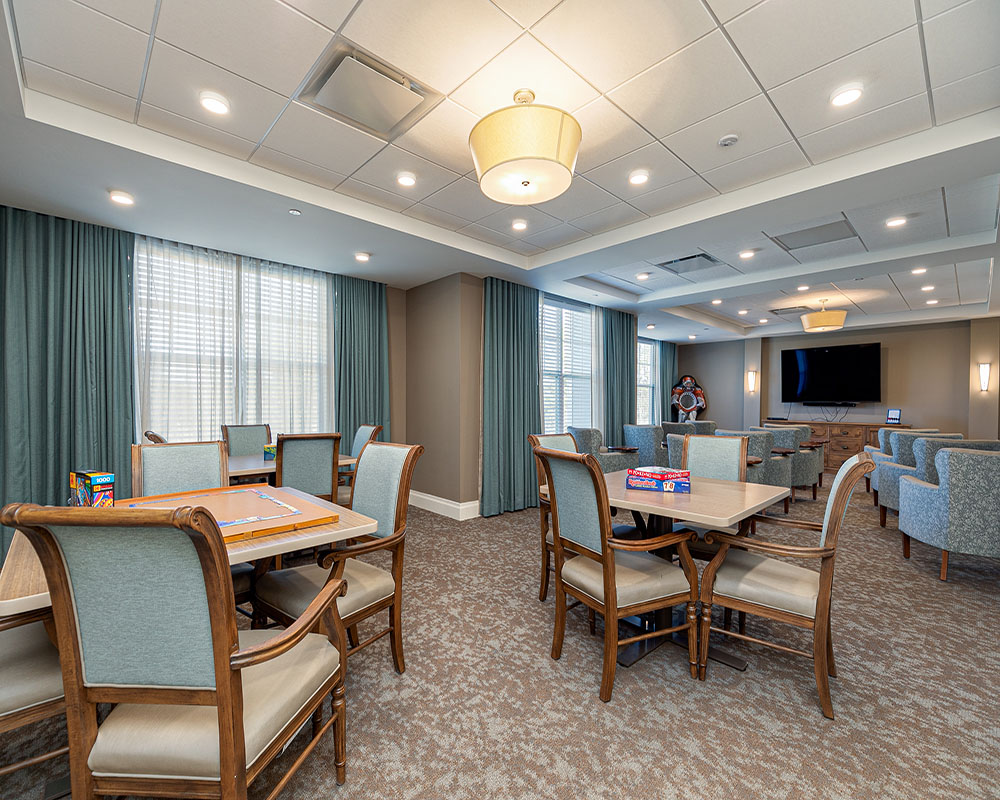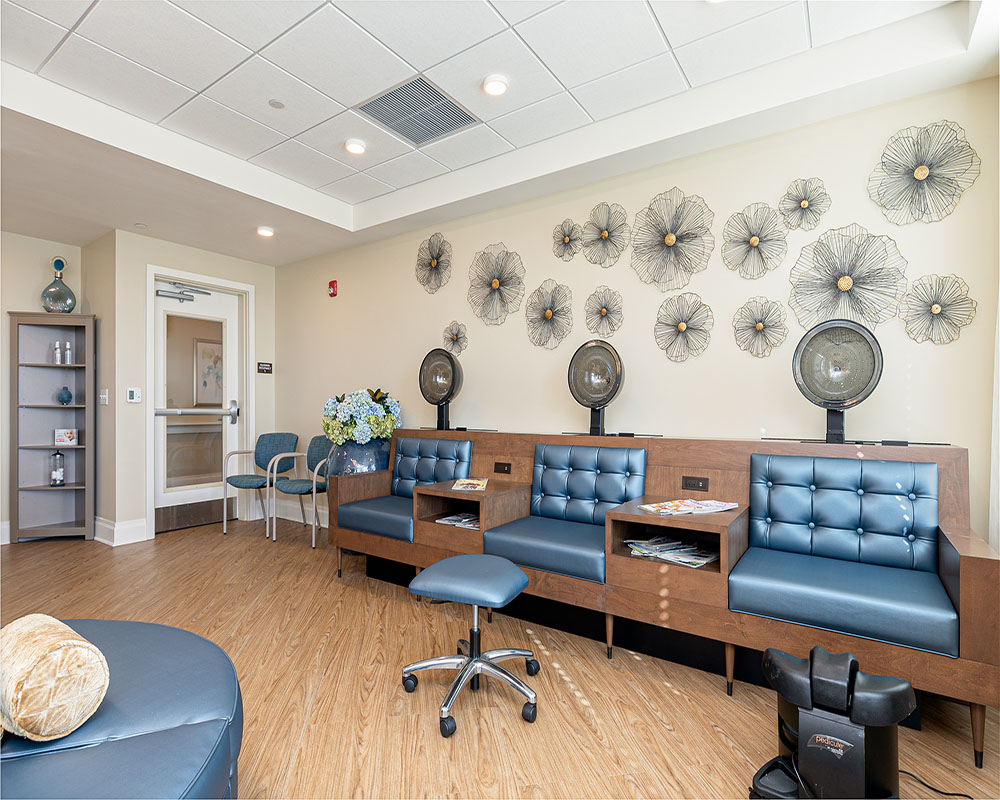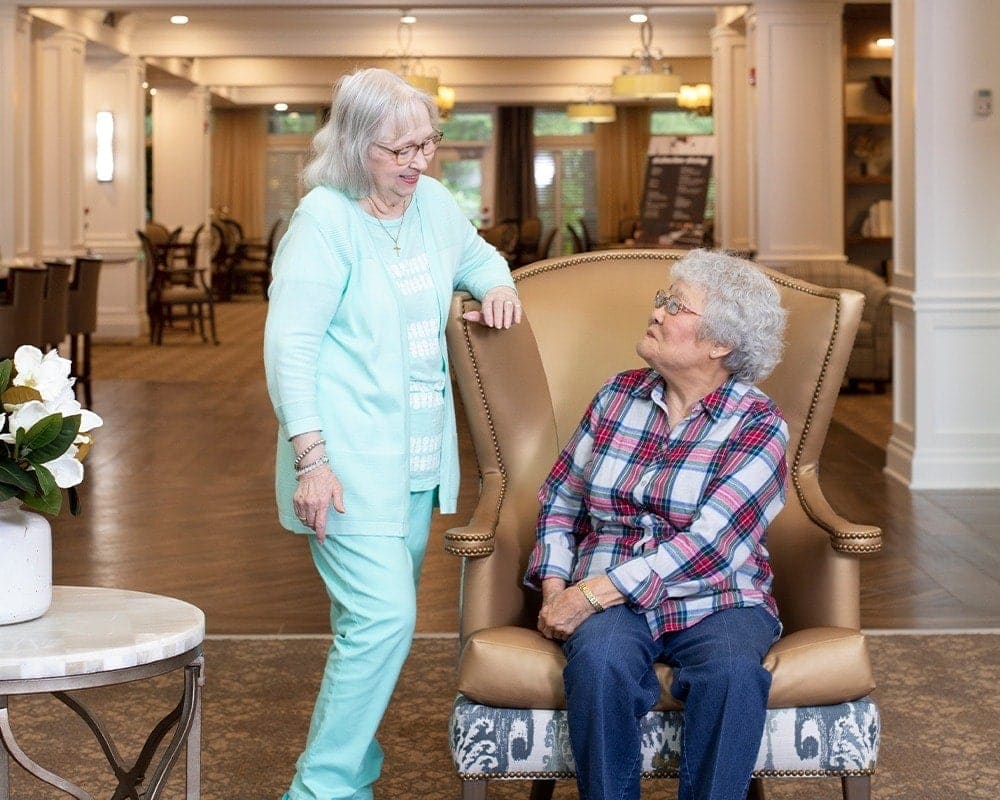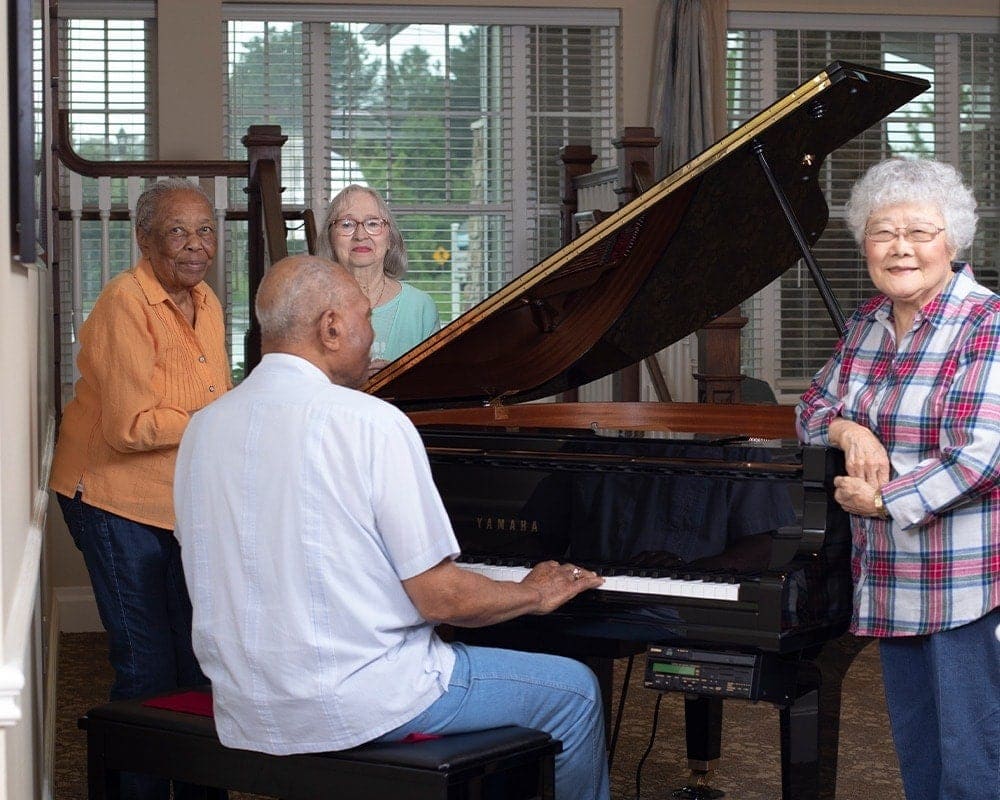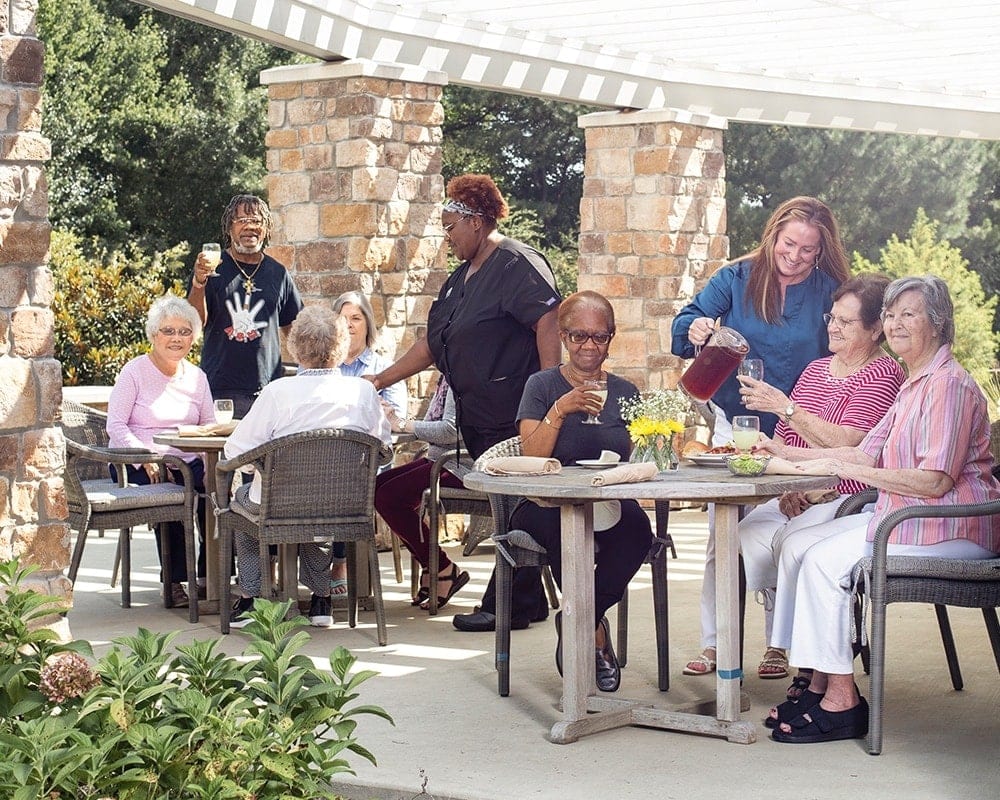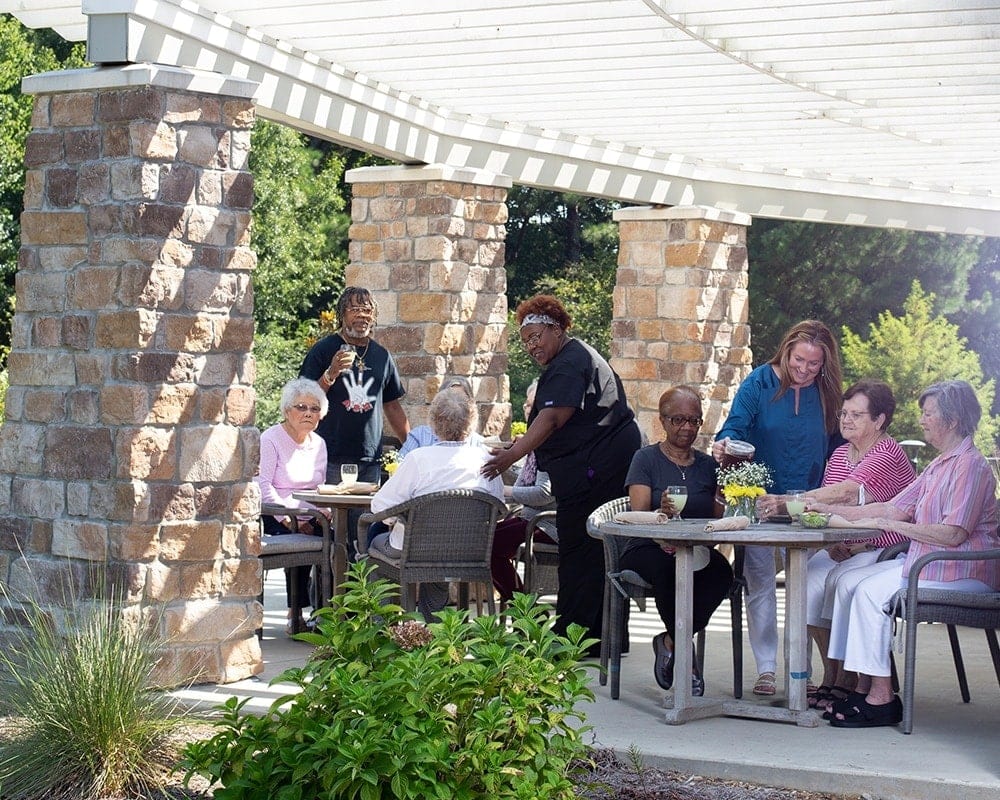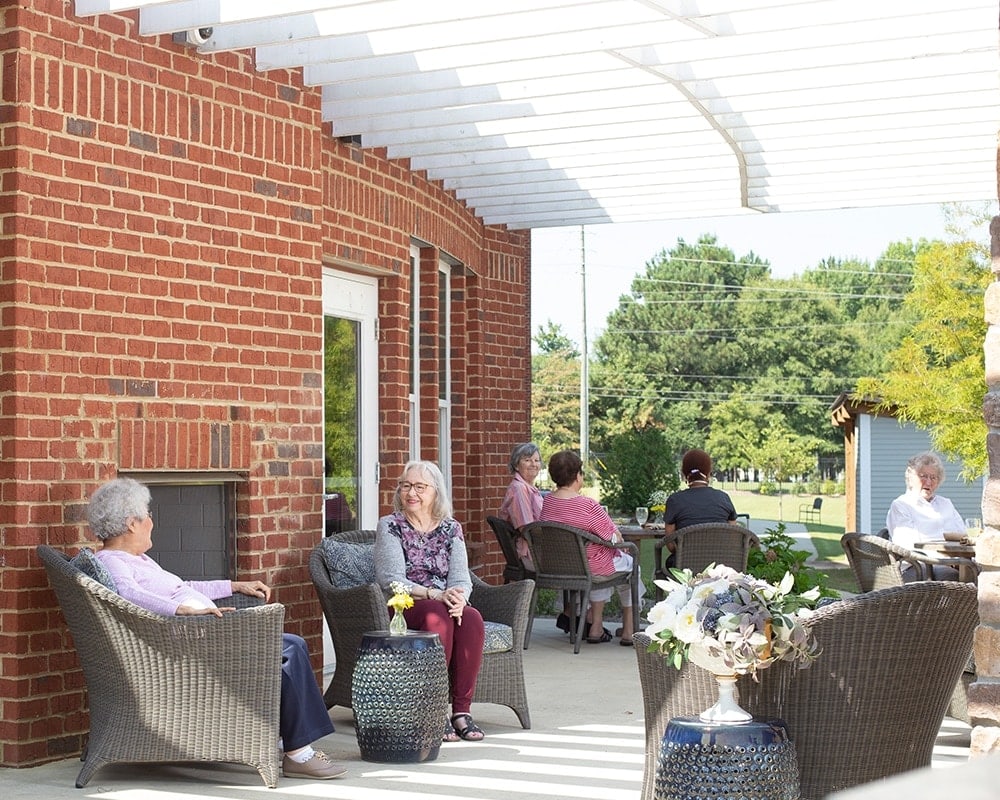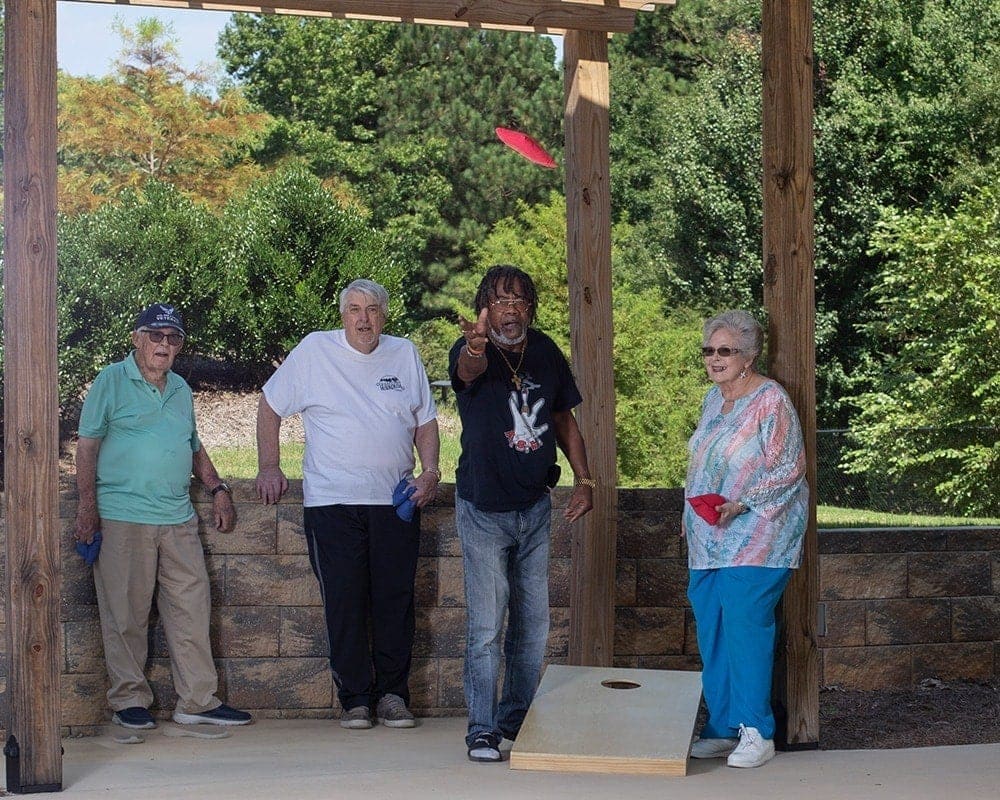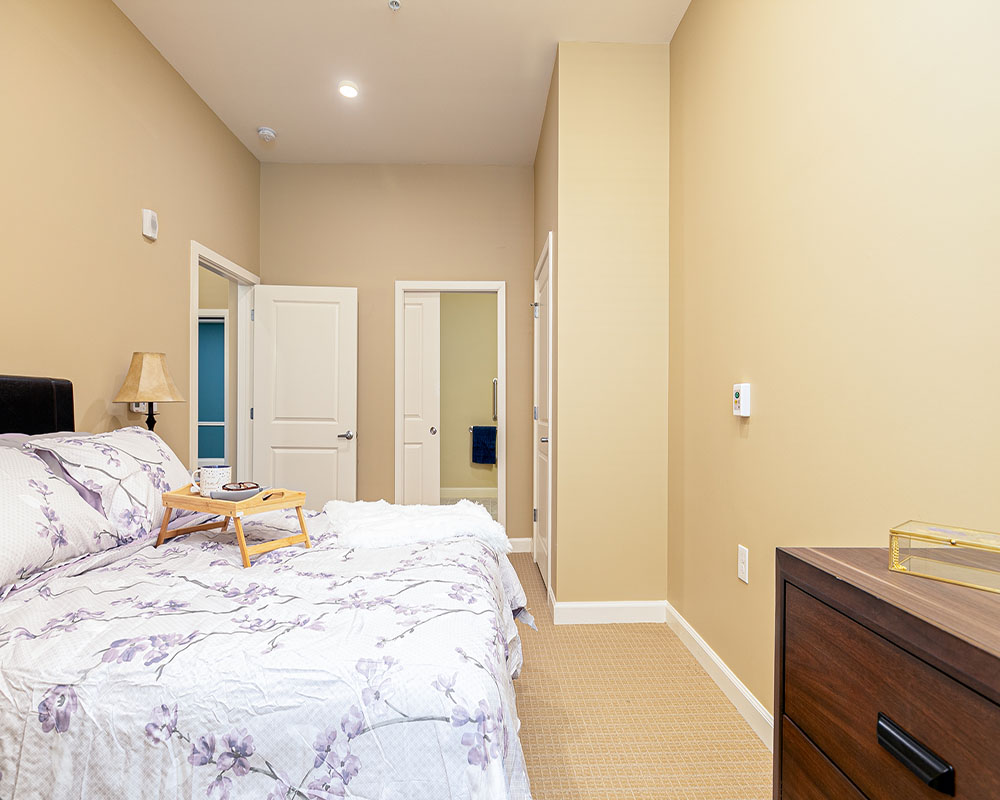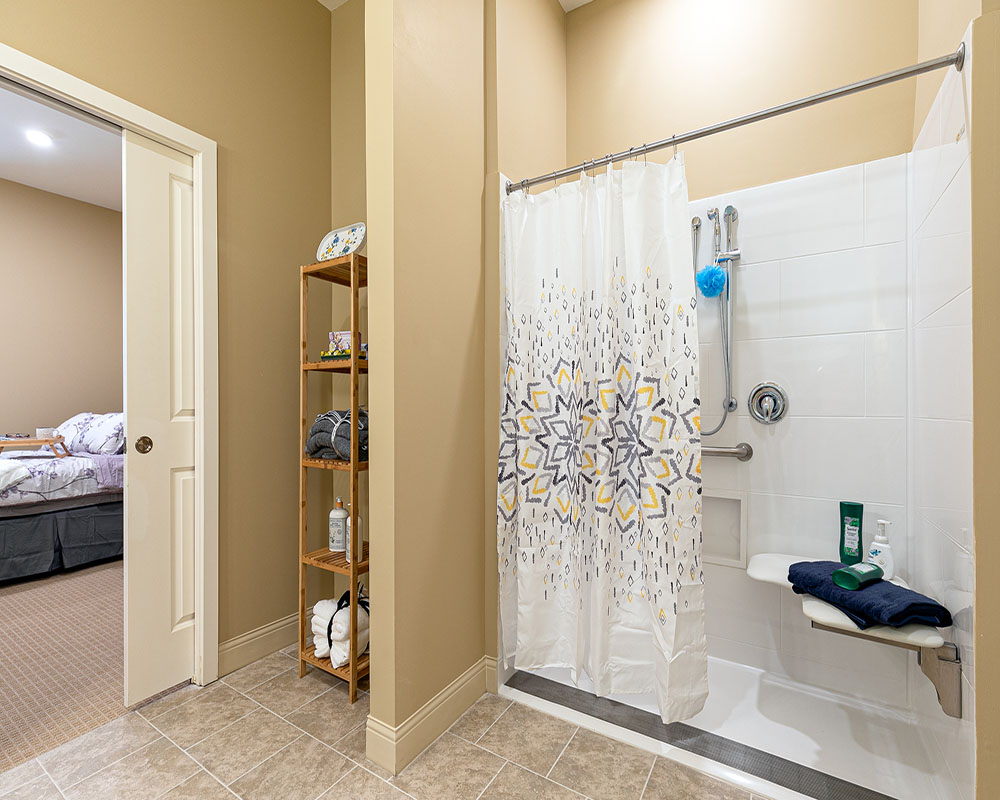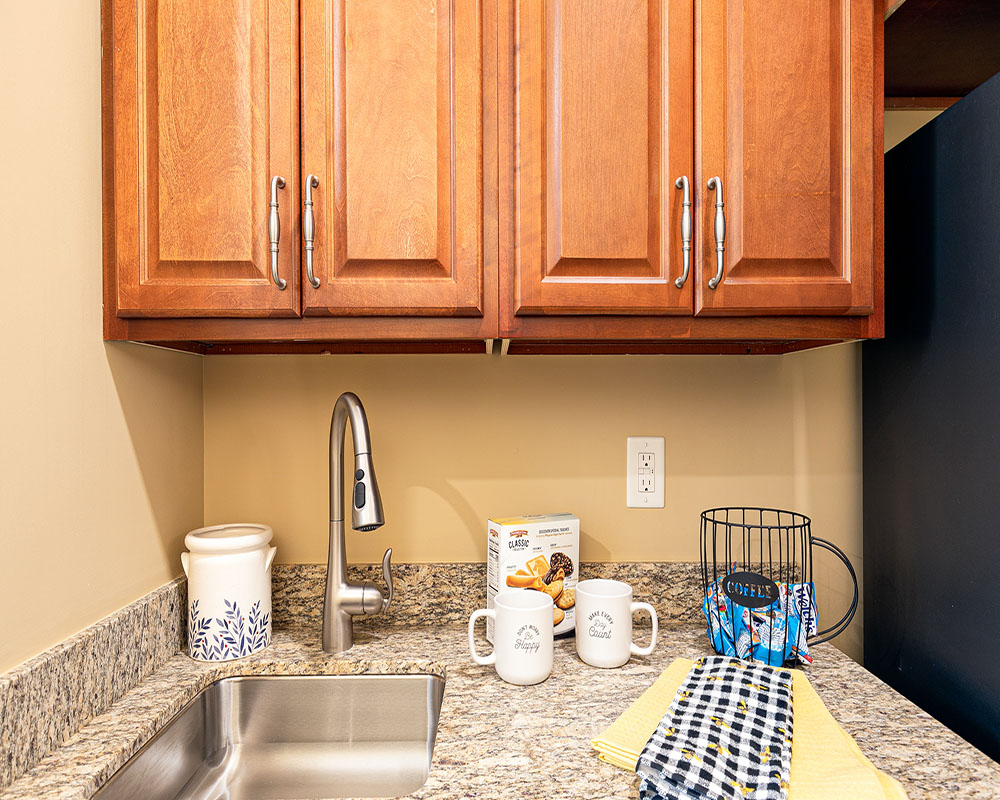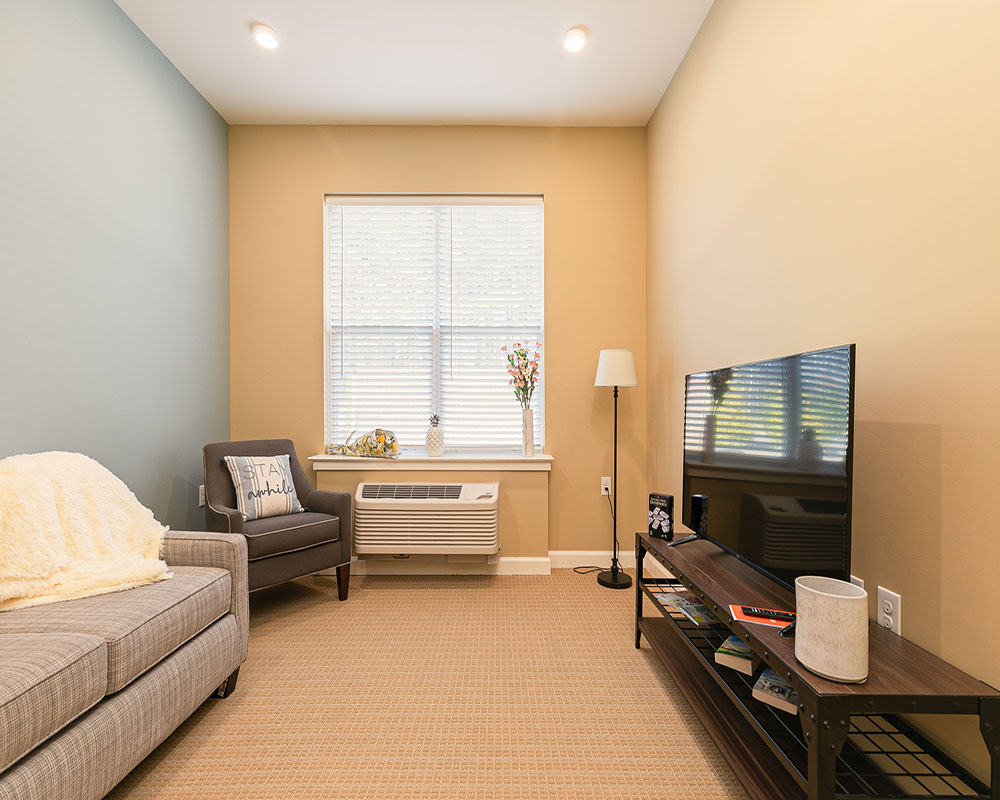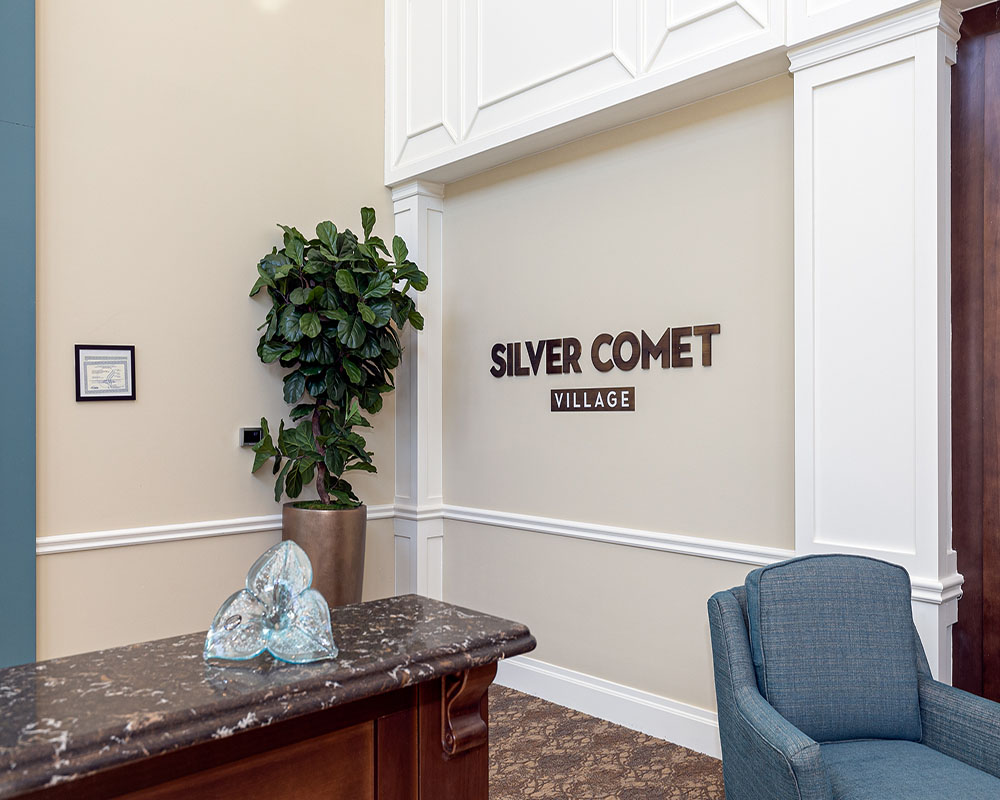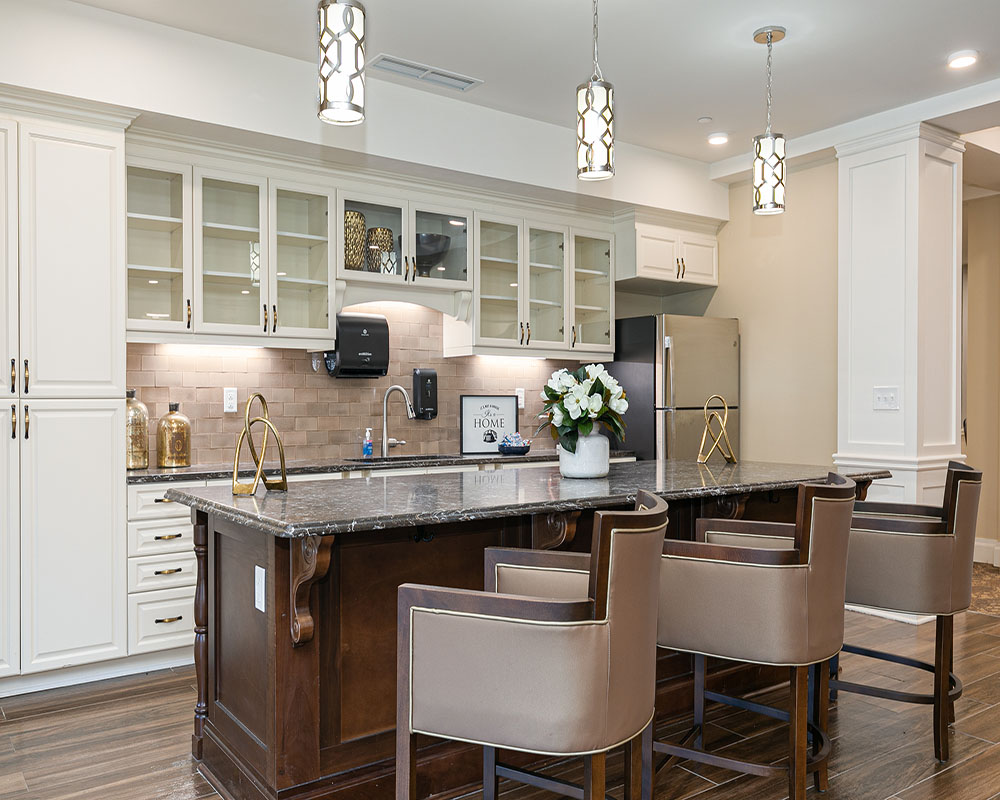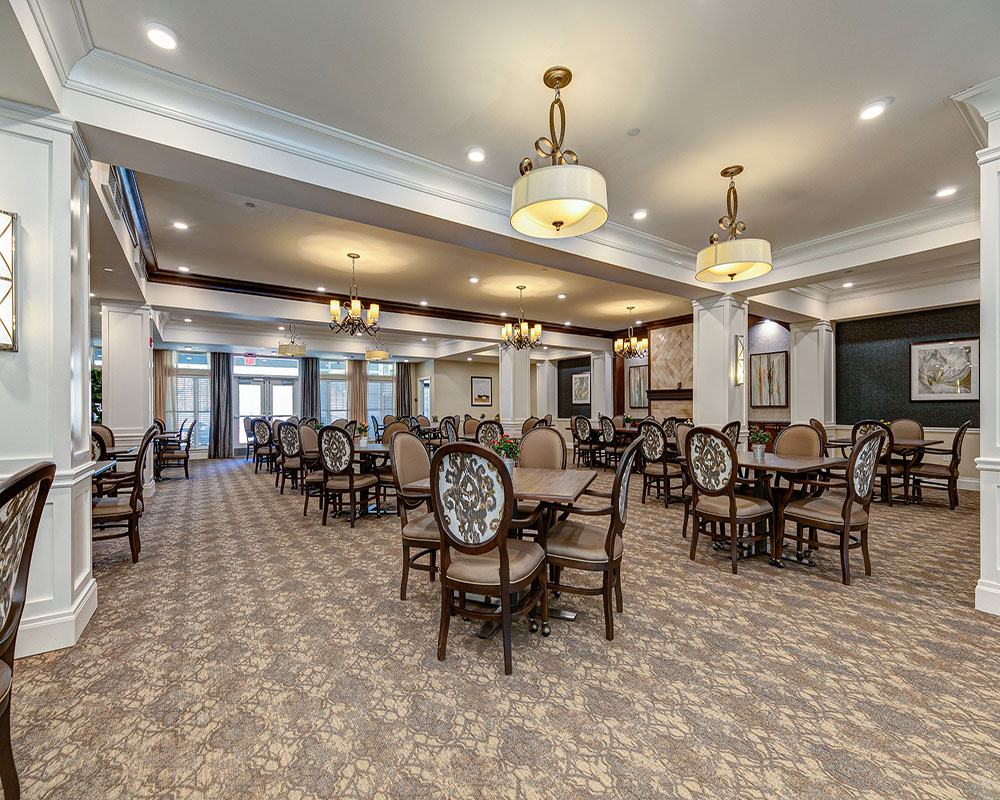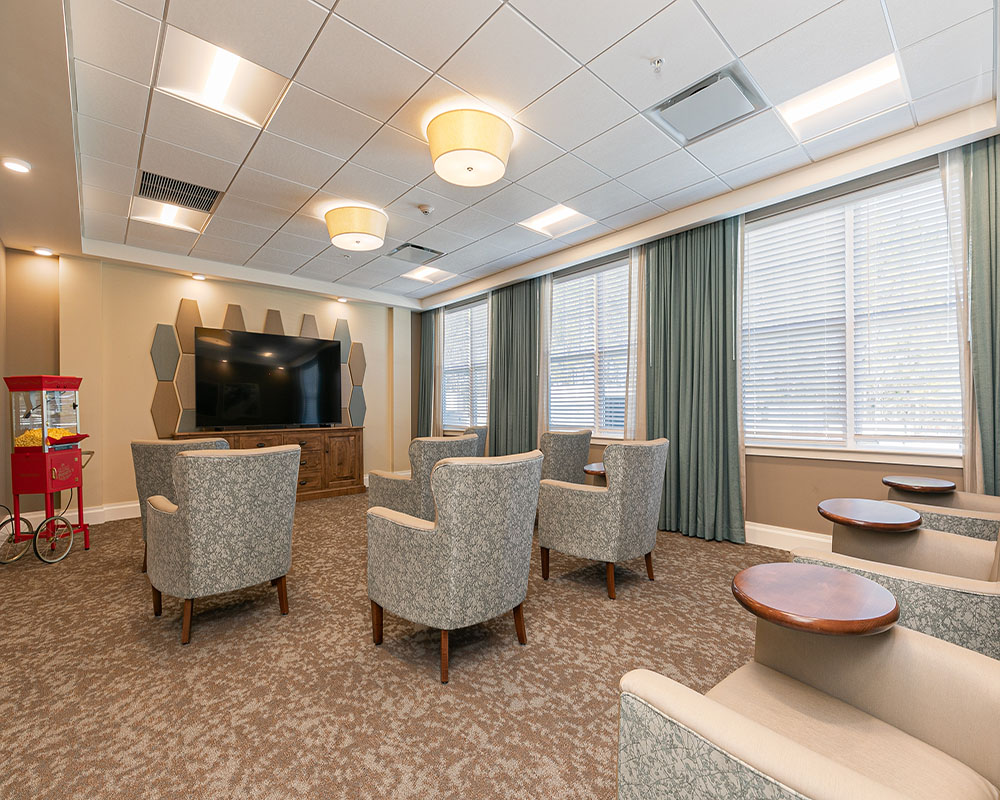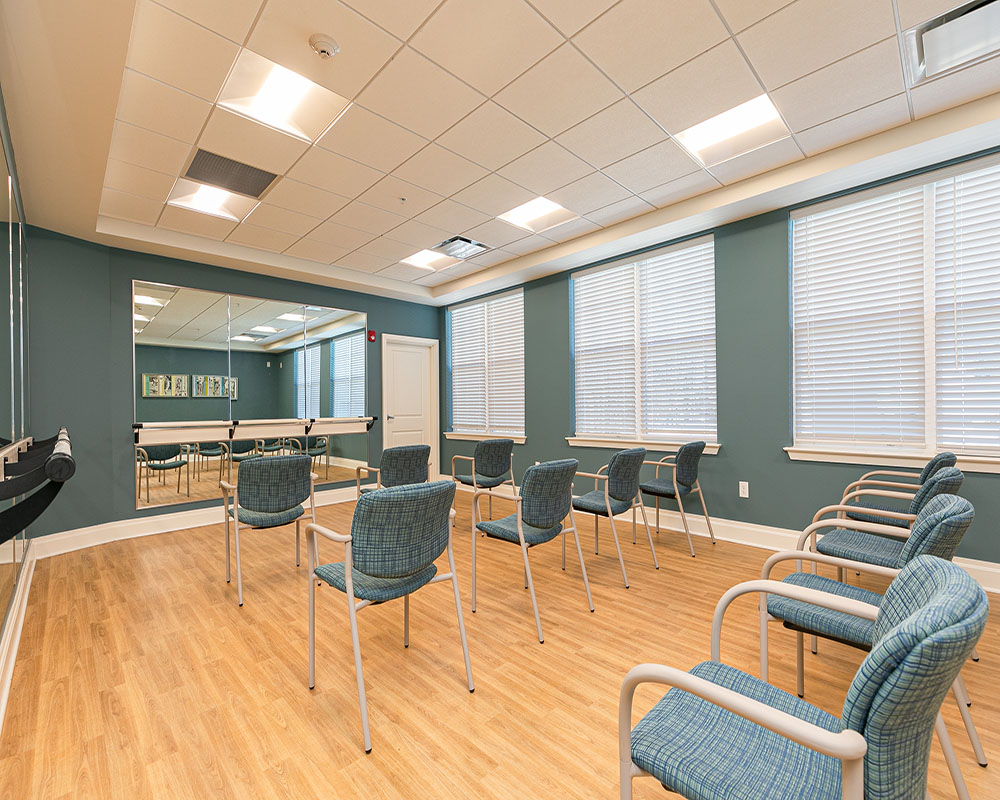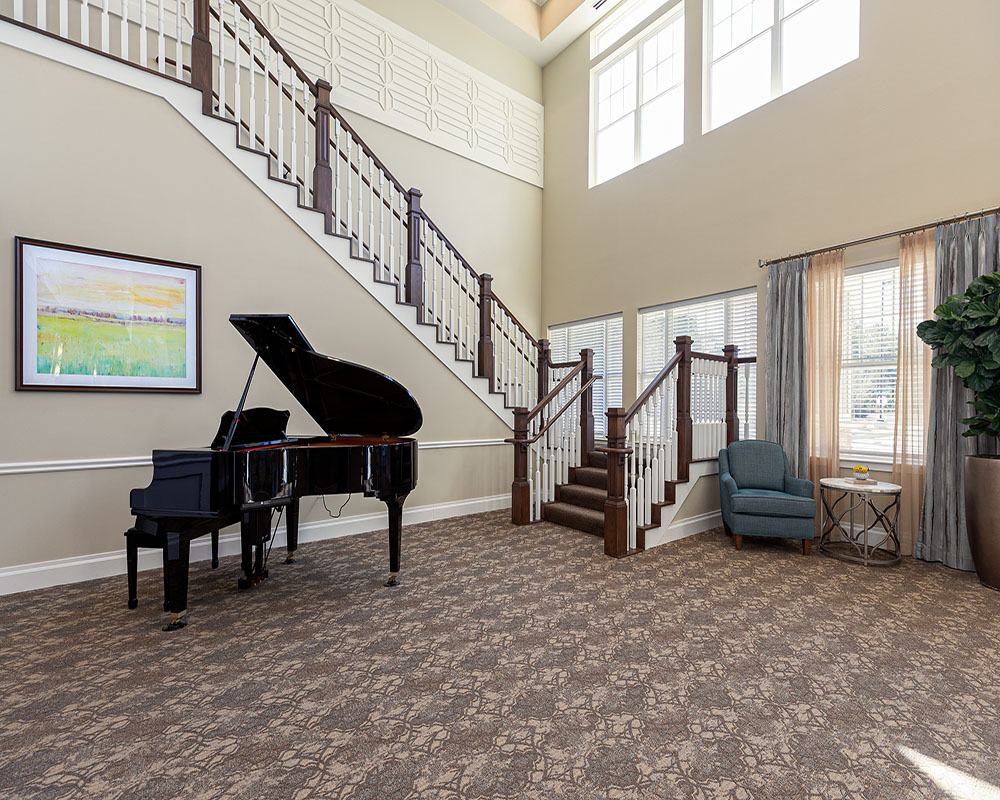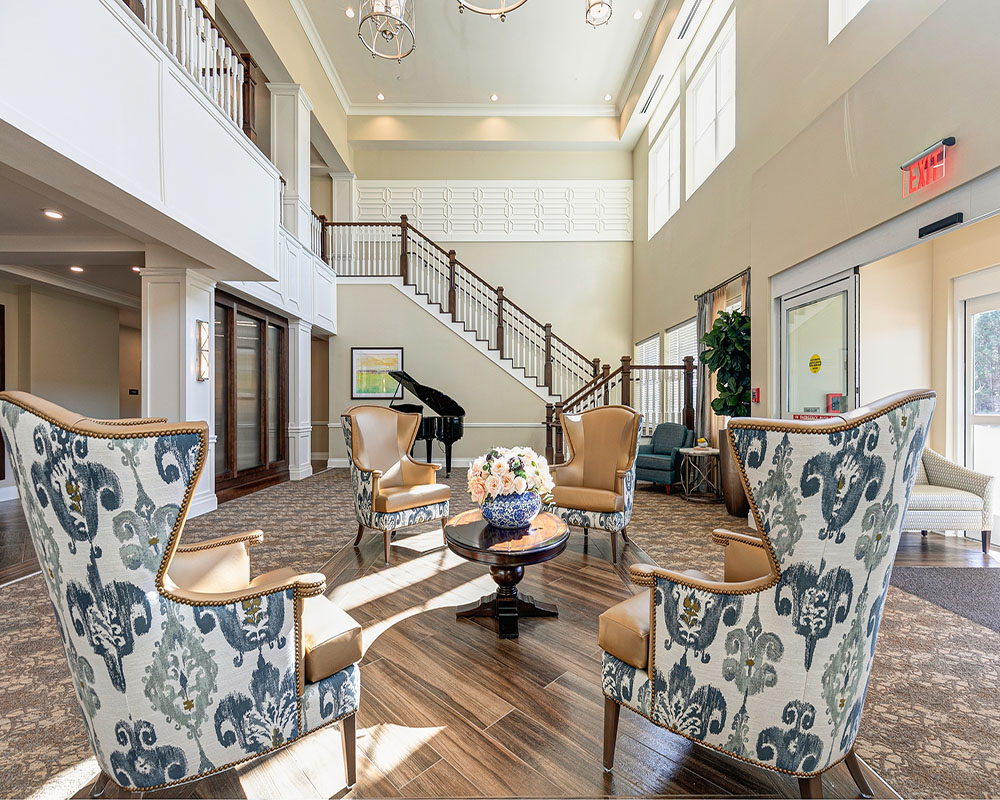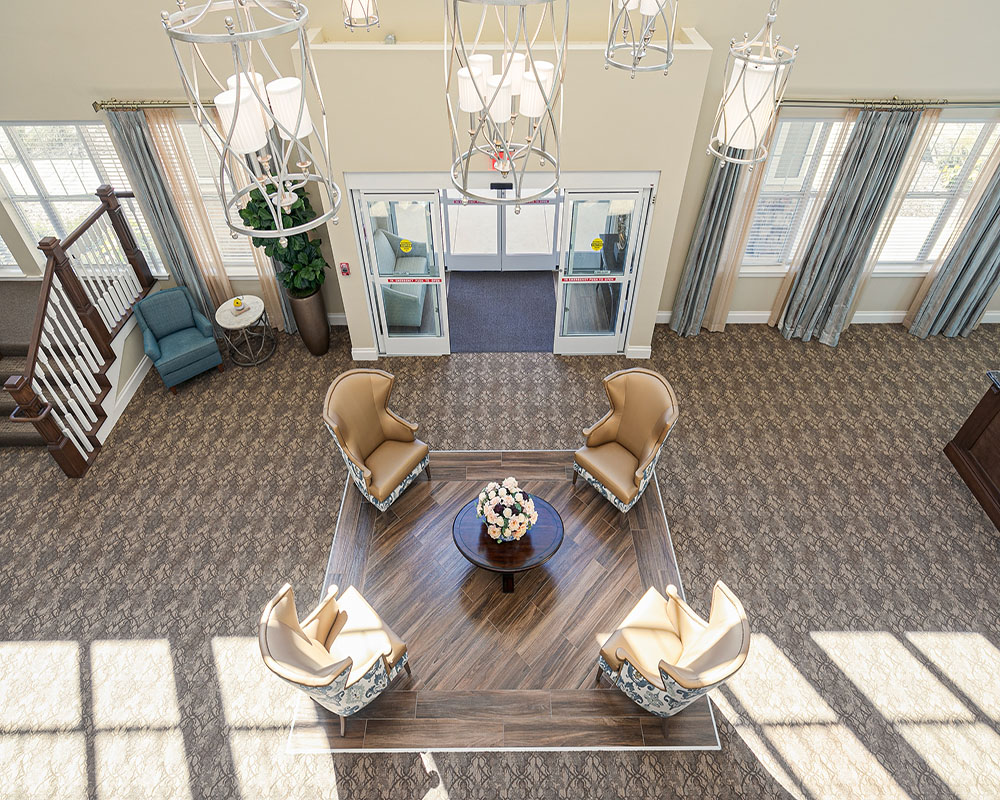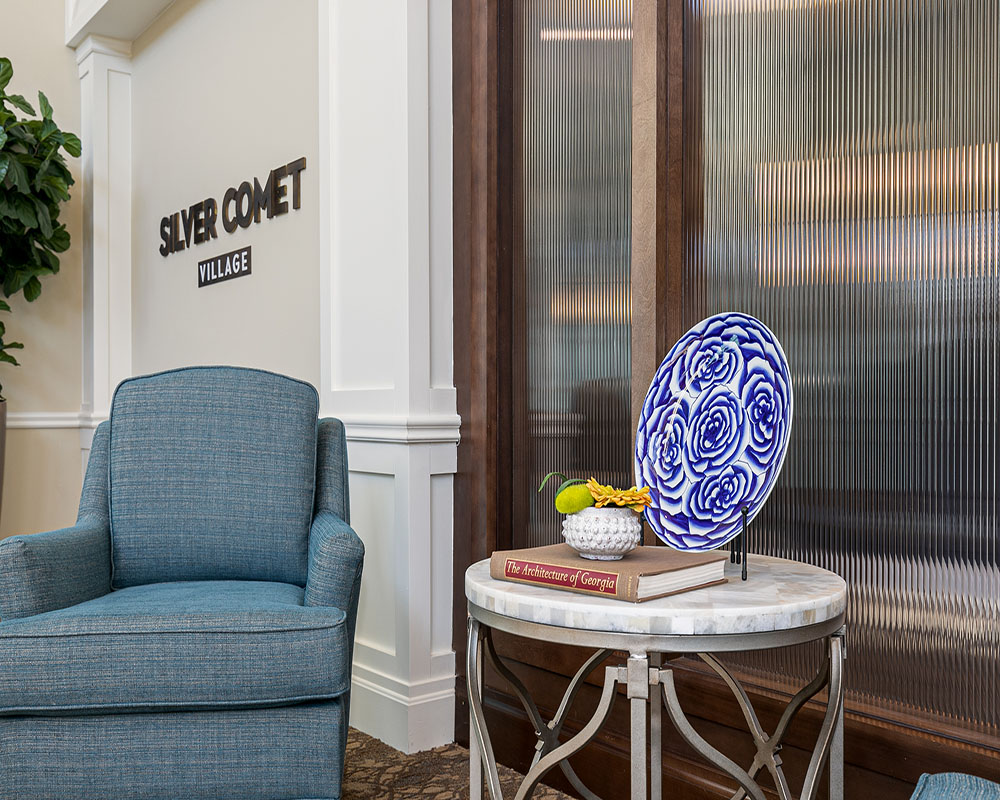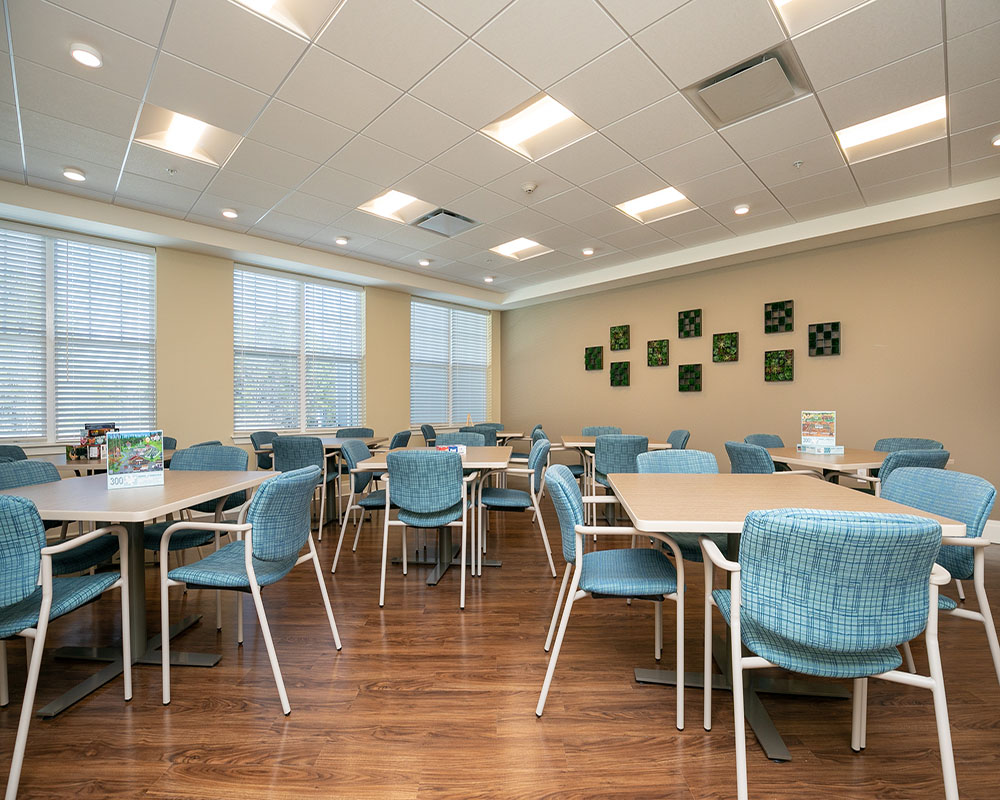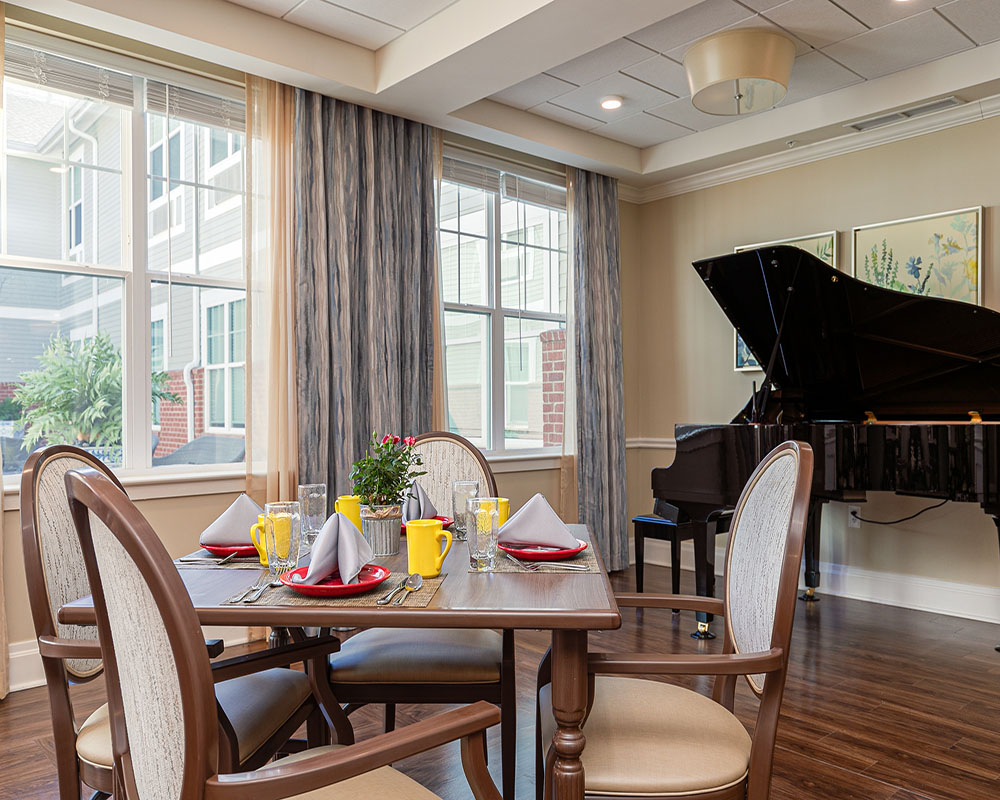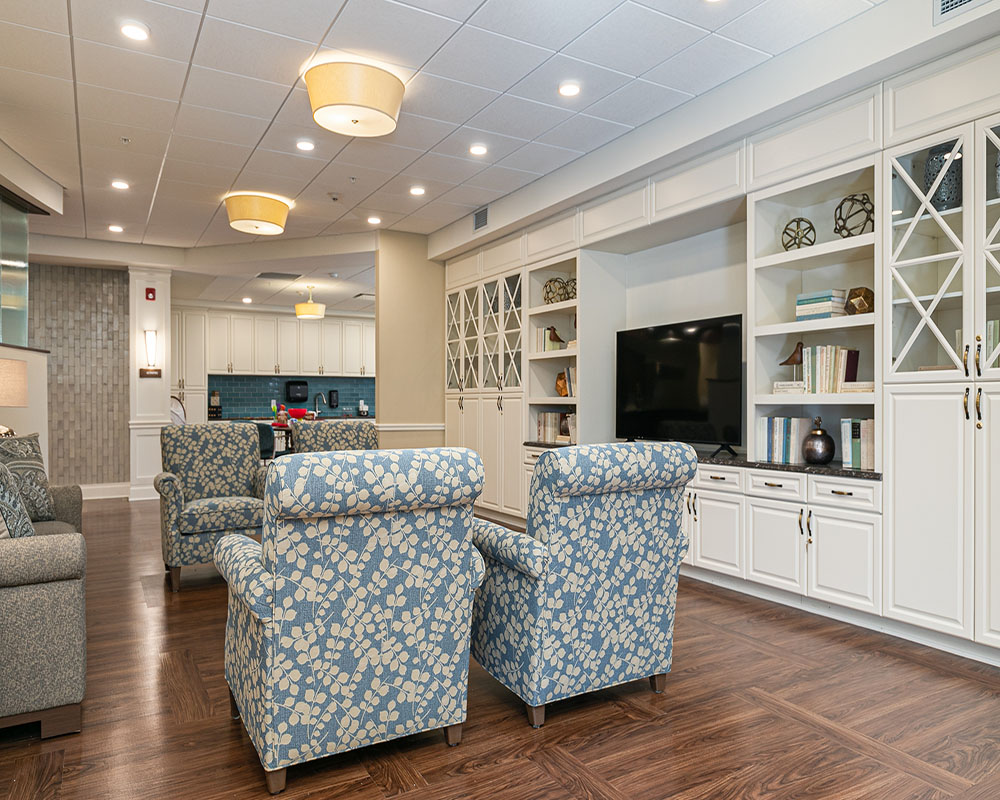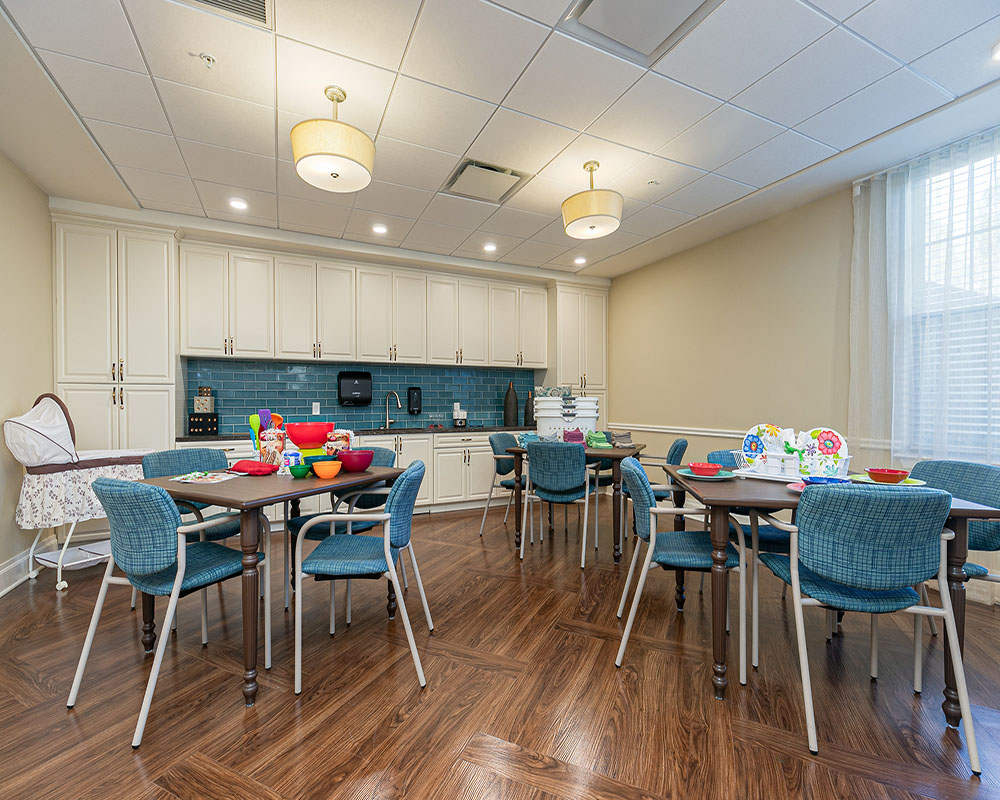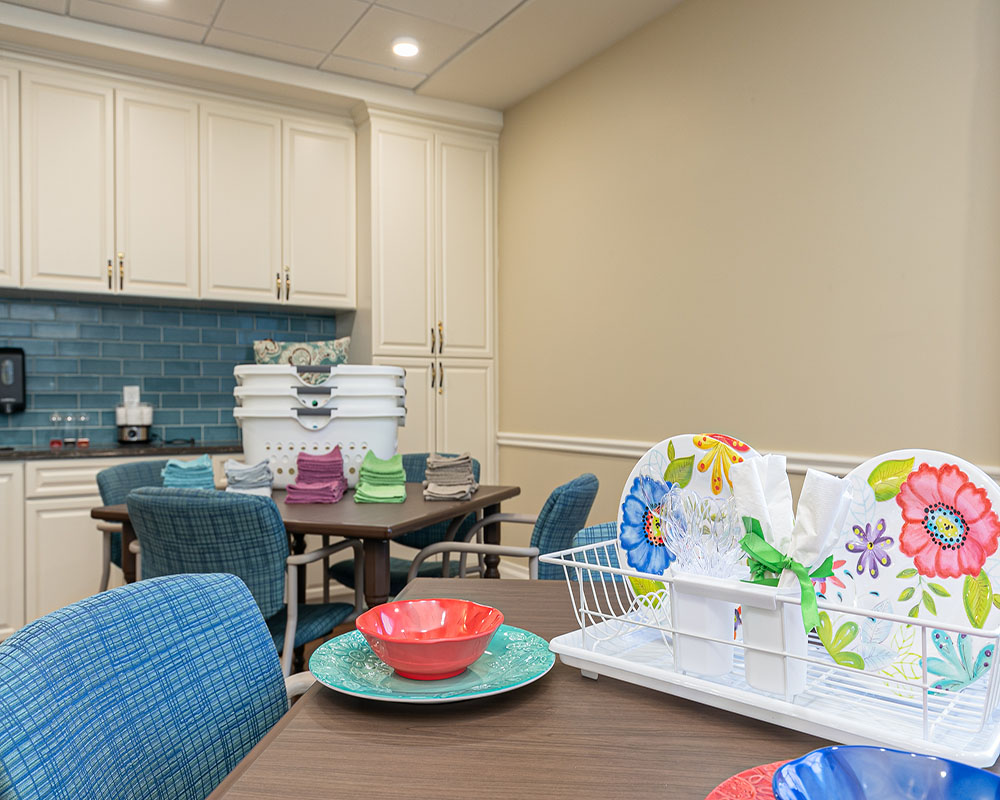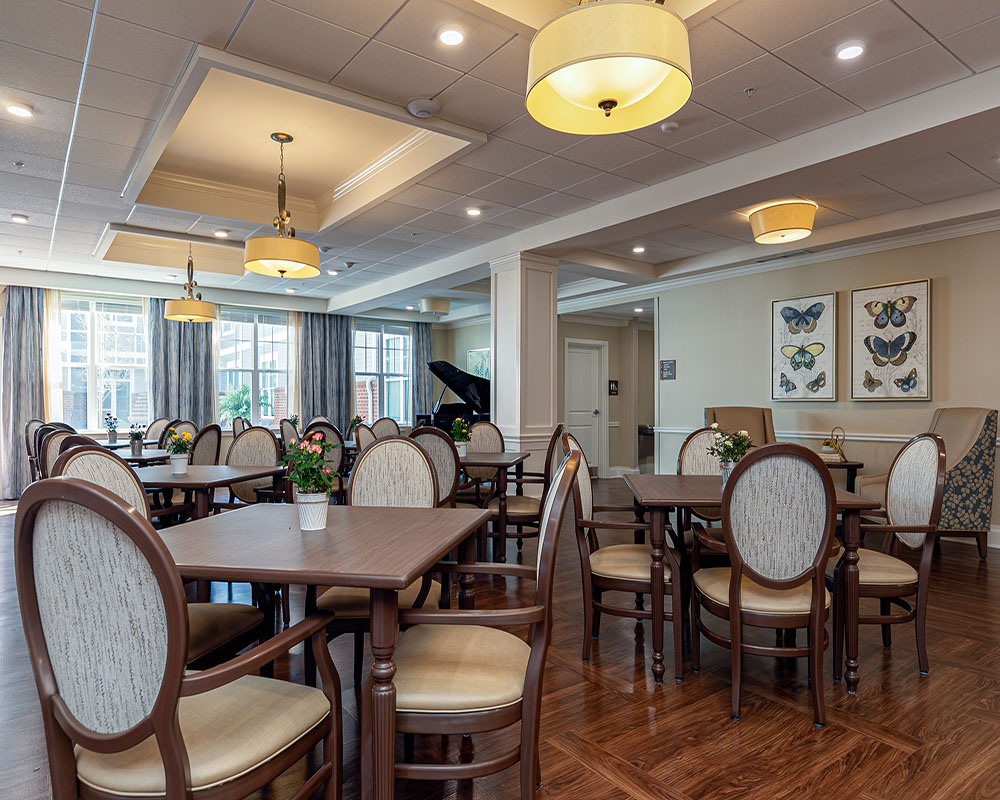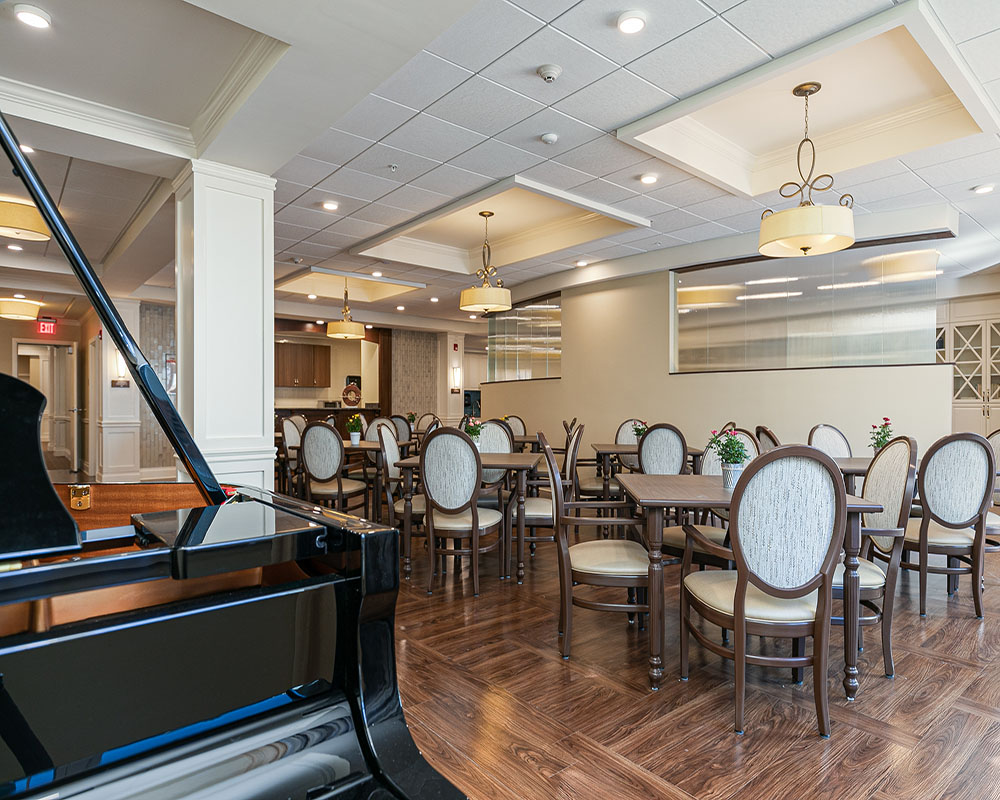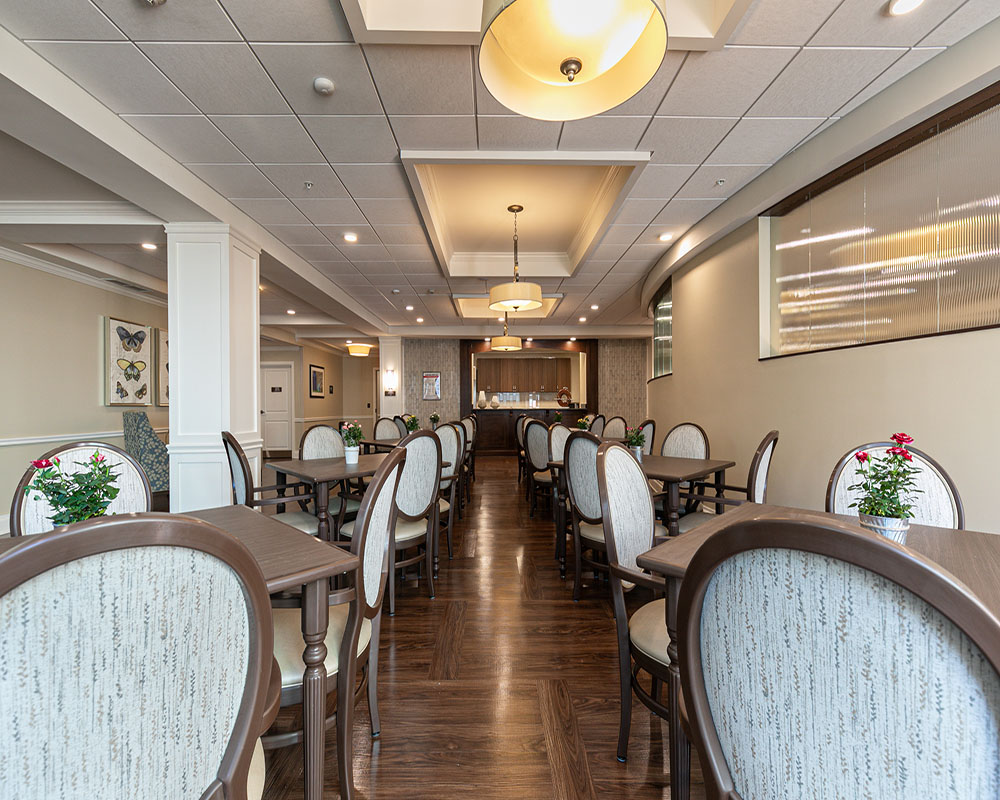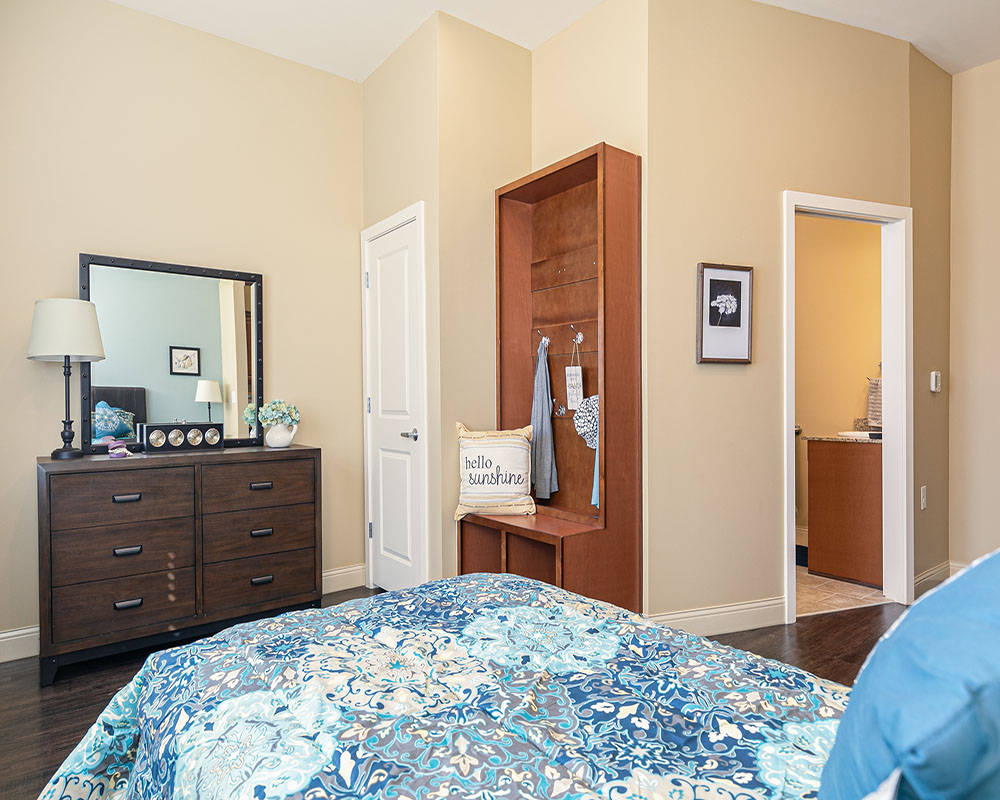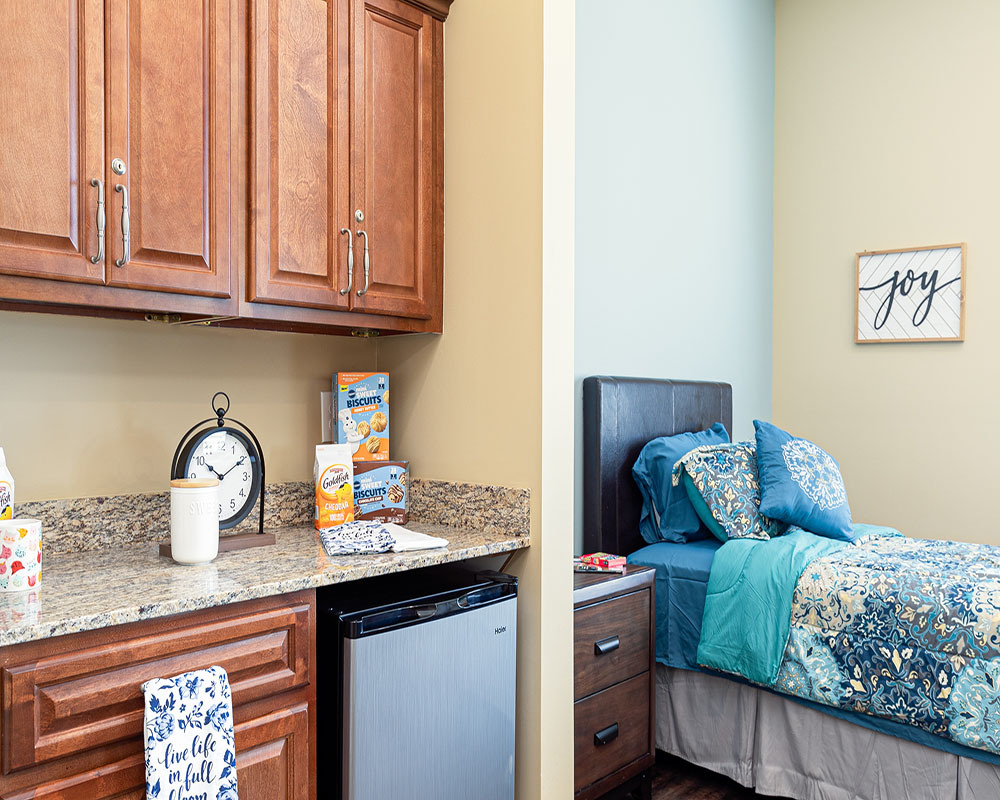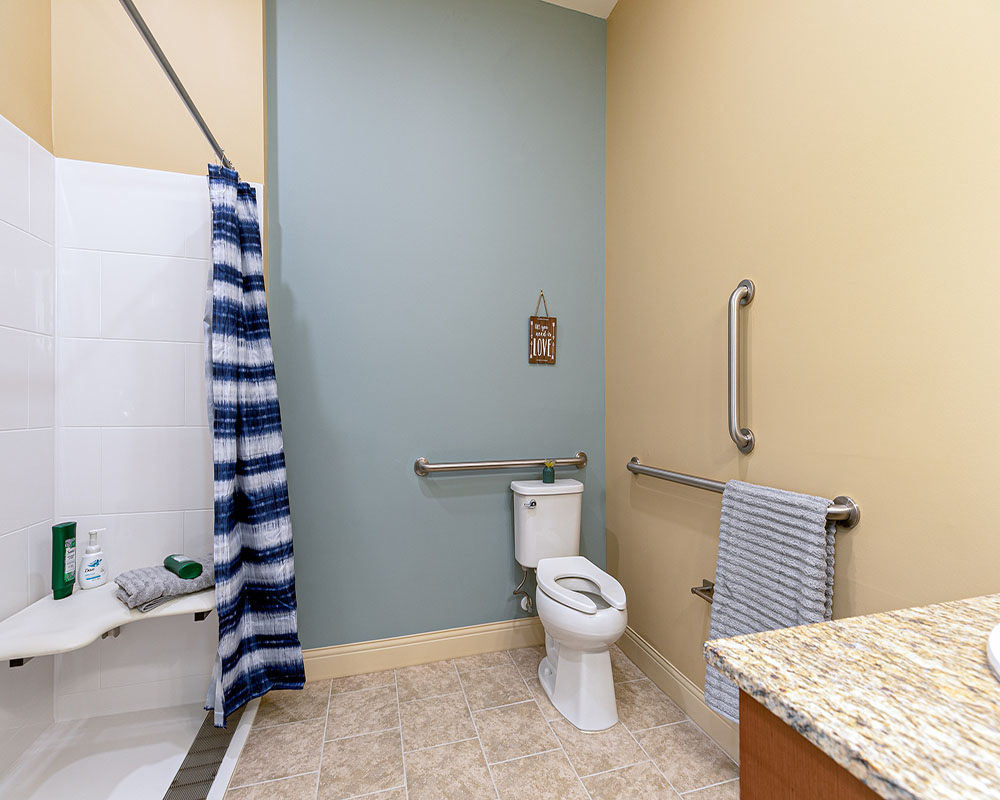Assisted living and memory care are two lifestyle options for seniors who require additional individualized care. With age comes many changes in health and sometimes cognitive decline in seniors.
Not sure if you or a loved one needs assisted living or memory care? We have you covered with the differences between and benefits of both, so you can make an informed choice catering to your needs.
assisted living
Assisted living communities specifically cater to those who need help with activities of daily living (ADLs), such as bathing, dressing, grooming, and eating. These are in combination with some level of independence.
Seniors have their own living spaces and get help with everyday duties and tasks. Support services can include:
- Restaurant-style dining with meal service.
- Plenty of common areas where residents can socialize.
- The staff is also available 24/7 for seniors who have trouble getting around or need help in the middle of the night.
- Therapy services can include physical, occupational, and speech.
- Medication assistance and coordination with wellness providers.
- Transportation services
Amenities encourage community engagement among seniors and can differ between communities, for example:
- Patio
- Theater Room
- Activity Room
- Exercise Room
- Bocce ball courts
- Salon & Barber Shop
- Library
- Walking Paths
- Lush landscape & water feature
- Resident Gardening
- Dog Park
memory care
Memory care is for seniors with moderate to severe memory issues, such as Alzheimer’s or dementia. Alzheimer’s disease is an irreversible brain disorder that affects memory, thinking, and ultimately, the ability to carry out everyday tasks.
Memory care includes assistance with ADLs and offers health professionals and trained staff on-site to help and support residents with cognitive decline. Extra services and amenities in memory care can provide:
- Comfort and added security for the safety of seniors.
- Floor plans have a spacious feel and allow for enhanced supervision.
- Multi-purpose spaces for social engagement and structured activities.
- Secure outdoor courtyard for gardening opportunities.
- A salon & barbershop on-site.
who can benefit from assisted living?
Seniors who need assistance with activities of daily living but still want independence can benefit from assisted living. They can also benefit from social interaction and programs to keep them mentally, physically, and emotionally active.
Seniors who are retired, live alone, have lost a spouse to divorce or death, and declining health can consider assisted living as a carefree way of living, free of housekeeping, chores, and cooking, and with a sense of community.

who can benefit from memory care?
Seniors unable to manage their activities of daily living and who require additional health care or professional help can benefit from memory care. Memory care facilities have increased safety features with designs to minimize wandering, falls, aggression, confusion, and agitation, all common with dementia behavior.
Residents with dementia and Alzheimer’s benefit from specialized care for their condition with around-the-clock supervision and a higher staff-to-resident ratio. Seniors with memory loss benefit from specific programs and therapies catered to help maintain cognitive skills for as long as possible.
questions to aks when deciding between assisted living and memory care
Finding the right care for a loved one can be a tough decision to make. Make it easier by asking yourselves the following questions:
- Does a senior loved one need special care, including physical assistance?
- Do they want a more independent life with help or one with more individualized care?
- What level of care will my senior loved one require?
- Do they have any health issues that need specialized care?
- Would they like to stay active and engaged as much as possible?
- Are they showing early signs of memory loss or dementia?
- Is a senior loved one becoming more forgetful or posing a safety risk to themselves?
long-term care for seniors
When a senior loved one can no longer live alone for various health and mobility reasons, assisted living and memory care can be good possibilities for providing the help and care they need. These options give seniors a chance to live the rest of their lives with independence, joy, purpose, fulfillment, safety, and engagement.
Knowing the difference in lifestyle options offered by senior living communities makes the transition from assisted living to memory care easier, should the need arise.
Book a visit or call Silver Comet Village if you have questions about our assisted living and memory care options.








